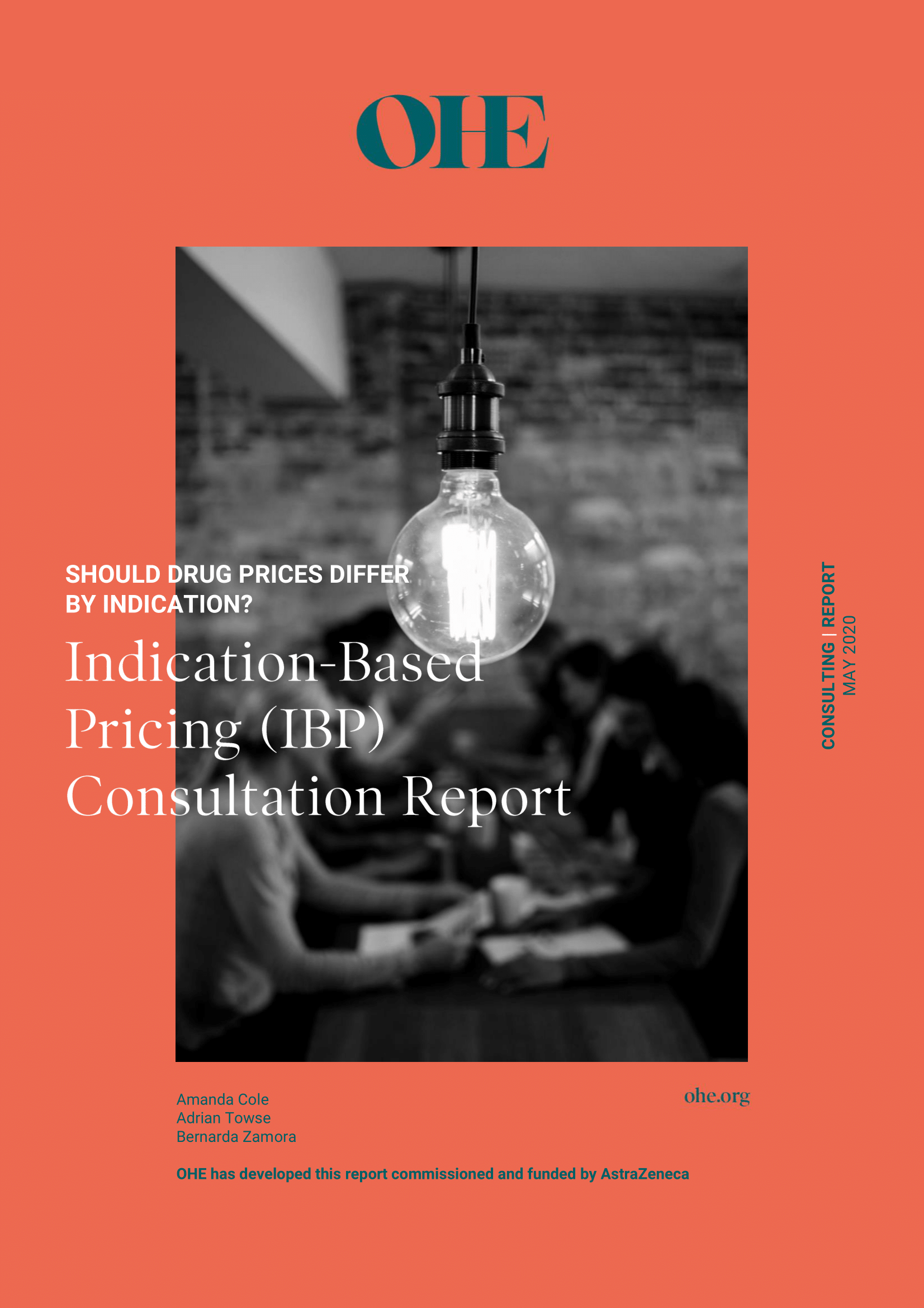Although the science underlying drug development has evolved, there has been little change in how we pay for them. As more and more medicines come to…
Although the science underlying drug development has evolved, there has been little change in how we pay for them. As more and more medicines come to market with multiple indications (or even more importantly the unrealised potentialto treat multiple indications), the way we pay for those medicines becomes critical in making sure we can benefit from them. “Indication-based pricing” (IBP) permits price to vary according to indication and has been proposed to tackle this issue.
Although the science underlying drug development has evolved, there has been little change in how we pay for them. As more and more medicines come to market with multiple indications (or even more importantly the unrealised potentialto treat multiple indications), the way we pay for those medicines becomes critical in making sure we can benefit from them. “Indication-based pricing” (IBP) permits price to vary according to indication and has been proposed to tackle this issue.
Although the science underlying drug development has evolved, there has been little change in how we pay for them. As more and more medicines come to market with multiple indications (or even more importantly the unrealised potentialto treat multiple indications), the way we pay for those medicines becomes critical in making sure we can benefit from them. “Indication-based pricing” (IBP) permits price to vary according to indication and has been proposed to tackle this issue.
In a previous Discussion Paper we outlined the key potential benefits and drawbacks of IBP, along with considerations for implementation.
This was accompanied by a consultation exercise, where we elicited key stakeholders’ perceptions around the benefits/draw-backs of IBP and its implementation. 73 survey respondents fromsixteen countries representeda range of stakeholders including industry, payers, regulators and academics. The majority of respondents believed some form of IBP would be a good thing, but relative support varied between stakeholders with industry demonstrating most support for IBP and academicsthe least. Three-quarters of respondents thought that IBP may put pressure on payer budgets (as a result of expanded patient access), though a subset of thesebelieved this would be alleviated in the long-run by increased competition at the indication-level.
There was a wide spread of opinion on the optimal implementation of IBP, and the most significant perceived barriers to IBP were data infrastructure and political will / lack of stakeholder buy-in.
There was a general perception among respondents that IBP does not appear to be a policy priority in most countries. Yet, many felt that it should be, suggesting it is the only rational way to price a drug whose effectiveness varies across indications.



